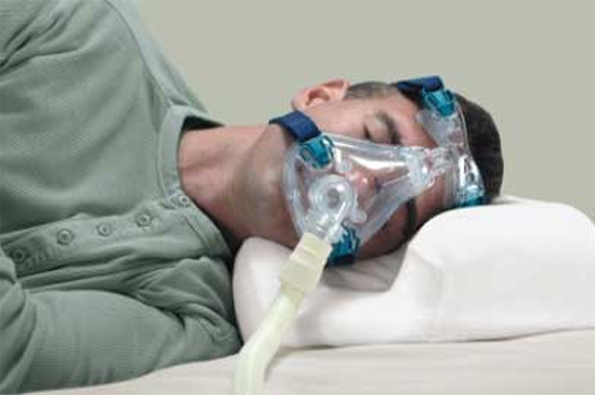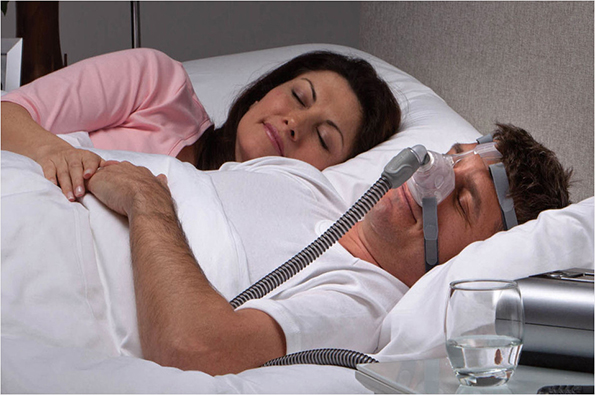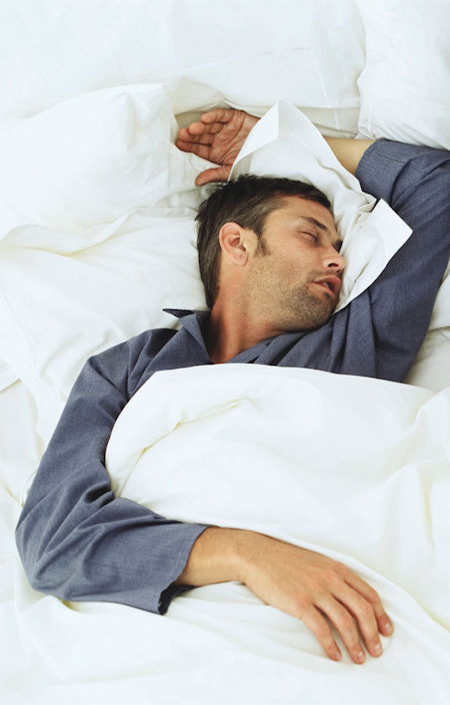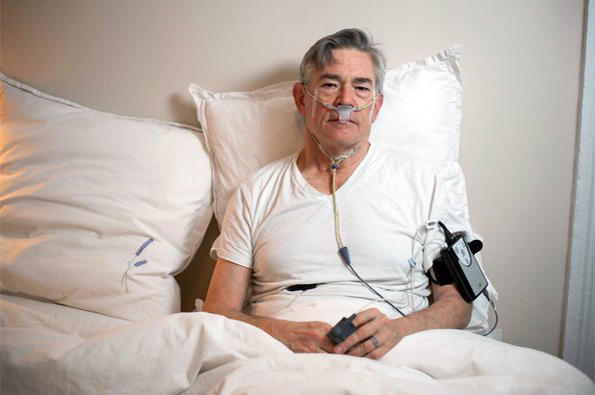SLEEP DISORDER TESTS AND TREATMENTS:
If you have any of the following disorders mentioned above, then you need to take go to the doctor and do a medical test and go for further treatments; your doctor will first perform a physical exam and then gather information about your symptoms and your medical history. They will also order various tests, such as:
- Polysomnography: This is a sleep study that evaluates the oxygen levels, body movements, and the brain waves to determine how they disrupt sleep
- Electroencephalogram: This is a test that assesses the electrical activity in the brain and detects any potential problems associated with this activity
- Genetic blood testing: This is a blood test commonly used to diagnose the narcolepsy and the other underlying health conditions that might be causing the sleeping problems.
These tests can help in determining the right course of treatment for sleep disorders.
SLEEP PROBLEM TREATMENTS:
Treatment for sleep problems can vary depending on the type and the underlying cause. However, it generally includes a combination of the medical treatments and the lifestyle changes.
Medical treatment for sleep disturbances may include any of the following:
- Sleeping pills
- Allergy or cold medication
- Dental guard (usually for teeth grinding)
- Medications for any underlying health issues
- Melatonin supplements
- Breathing device or surgery (usually for sleep apnea)
- Cognitive behavioural therapy
- Bright light therapy
- CPAP Titration study
- Oral appliance Therapy
If you answered "yes" to any of these questions, then you may have any one disorder and you need to consult a doctor.
Lifestyle changes can also improve your quality of sleep, especially when they are done along with the medical treatments. You may consider:
- Reducing stress and anxiety by exercising
- Drinking less water before bedtime
- Creating and sticking to a regular sleeping schedule
- Decreasing tobacco and alcohol use
- Incorporating more vegetables and fish into your diet, and reducing sugar intake
- Eating smaller, low carbohydrate meals before bedtime
- Limiting your caffeine intake
FEW TIPS FOR A PEACEFUL AND RESTFUL SLEEP:
- Establish a regular bedtime and wake up time
- Exercise in the late afternoon or early evening
- Take a hot bath 5-10 mins before going to bed
- Establish comfortable sleeping environments
- Sleep in dark and quiet area
- Wash your face, wear comfortable clothing, listen to soft music just before sleeping.
- Sleep is the main ingredient of your life, brain, health and everything, you must sleep and wake up on time every time for a healthy and happy life.
"SLEEP IS THAT GOLDEN CHAIN THAT TIES THE HEALTH AND OUR BODIES TOGETHER"





